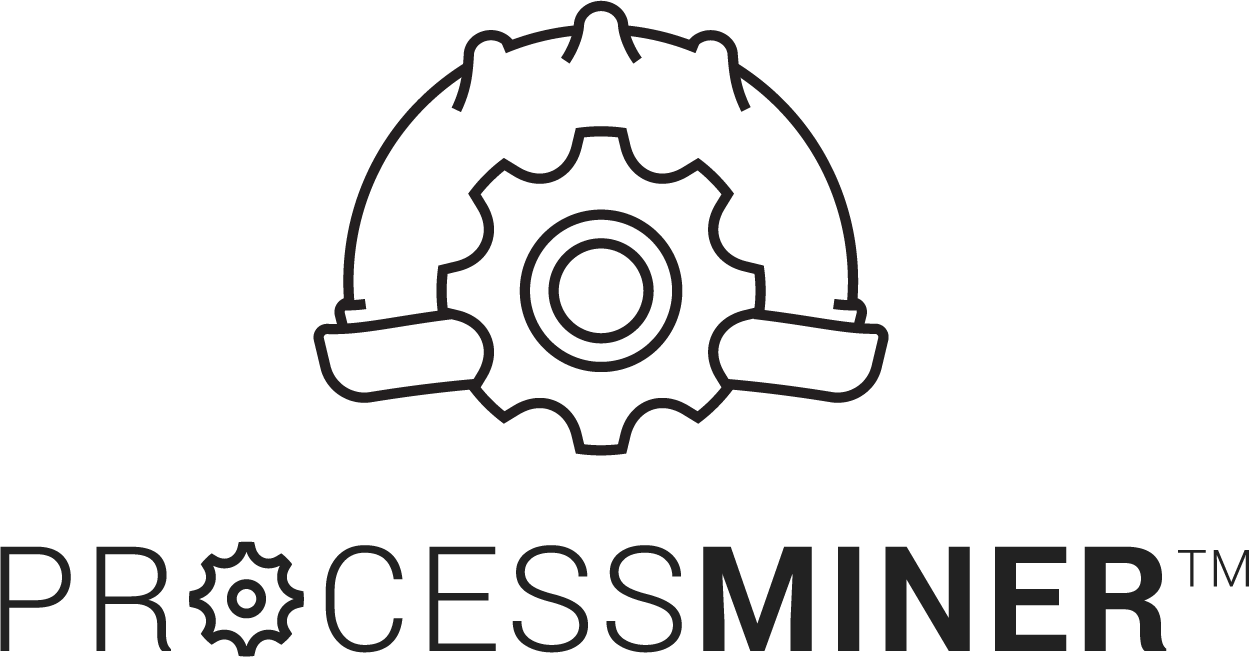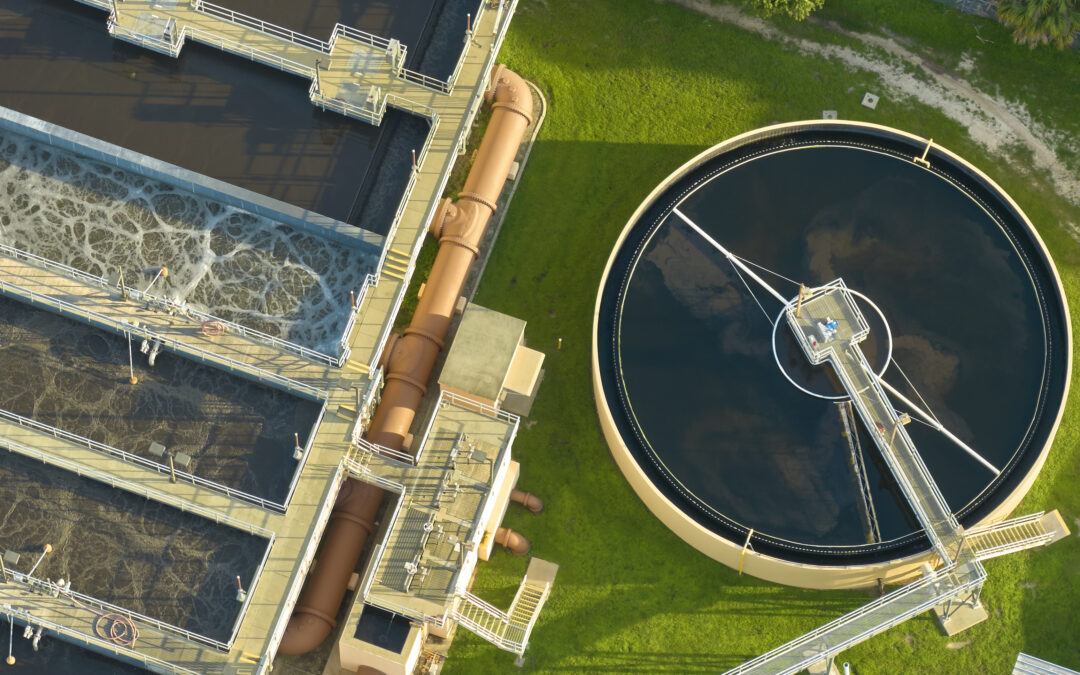Wastewater treatment plants (WWTPs) are facing growing pressure to become more efficient and environmentally friendly. WWTPs adopting ProcessMiner’s advanced AI technology are making great progress in optimizing their operations. By taking advantage of ProcessMiner’s modern wastewater treatment solutions, WWTPs are able to automate critical activities, use resources more efficiently, and reduce their environmental impact. AI also enables the optimization of chemistry and energy consumption in clarifiers, aeration basins, anaerobic /aerobic digesters, and the sludge dewatering process.
Addressing the Challenges WWTPs Face
WWTP operators and environmental engineers often grapple with significant challenges in managing operational efficiency and meeting effluent quality limits. Challenges also include:
- Handling increasing amounts of contaminants
- Reducing the environmental impact of sludge disposal
- Optimizing the use of chemicals
- Using energy more efficiently
- Executing corrective actions in a timely manner
- Reducing human error
The ability to address these obstacles directly contributes to operational cost management and environmental impact, which can threaten economic viability and environmental responsibility. While there are several strategies to help address these challenges, one key strategy is automating the optimization of polymer dosing, which is critical to the sludge dewatering process.
The execution of an optimized polymer dosing strategy can lead to significant improvements. Today, we know up to 40% of the cost of water treatment is associated with sludge dewatering. Therefore, the ability to dose the optimum amount of polymer supports the production of a drier sludge cake, reducing the cost of chemicals and increasing plant efficiency as centrifuges, screw presses, and belt presses operate efficiently and optimally.
How ProcessMiner Optimizes the Wastewater Treatment Process
ProcessMiner’s turnkey solution is specifically designed to automate the sludge dewatering process.
By combining the power of AI with intelligent sensing meters placed at critical points in the dewatering process, the solution works by monitoring constantly changing sludge conditions and precisely adjusting polymer dosage to consistently produce a drier sludge cake.
This transformative approach to wastewater treatment supports timely and precise control setting adjustments to improve the efficiency and effectiveness of the water treatment process. In addition, since the platform runs autonomously, it frees up plant operators to focus on other critical plant activities. Finally, because ProcessMiner is adaptive and self-learning, it requires no staffing of data engineers or scientists to maintain the solution as dynamic conditions in the plant evolve.
The end result? Optimized polymer dosing and reduced energy consumption, all while resulting in lower sludge cake transportation and disposal costs. The integration of traditional water treatment processes and plant domain expertise with this level of advanced technology ensures that WWTPs operate at optimal efficiency with the lowest possible environmental impact.
Request a demo today of what’s now possible with AI.

